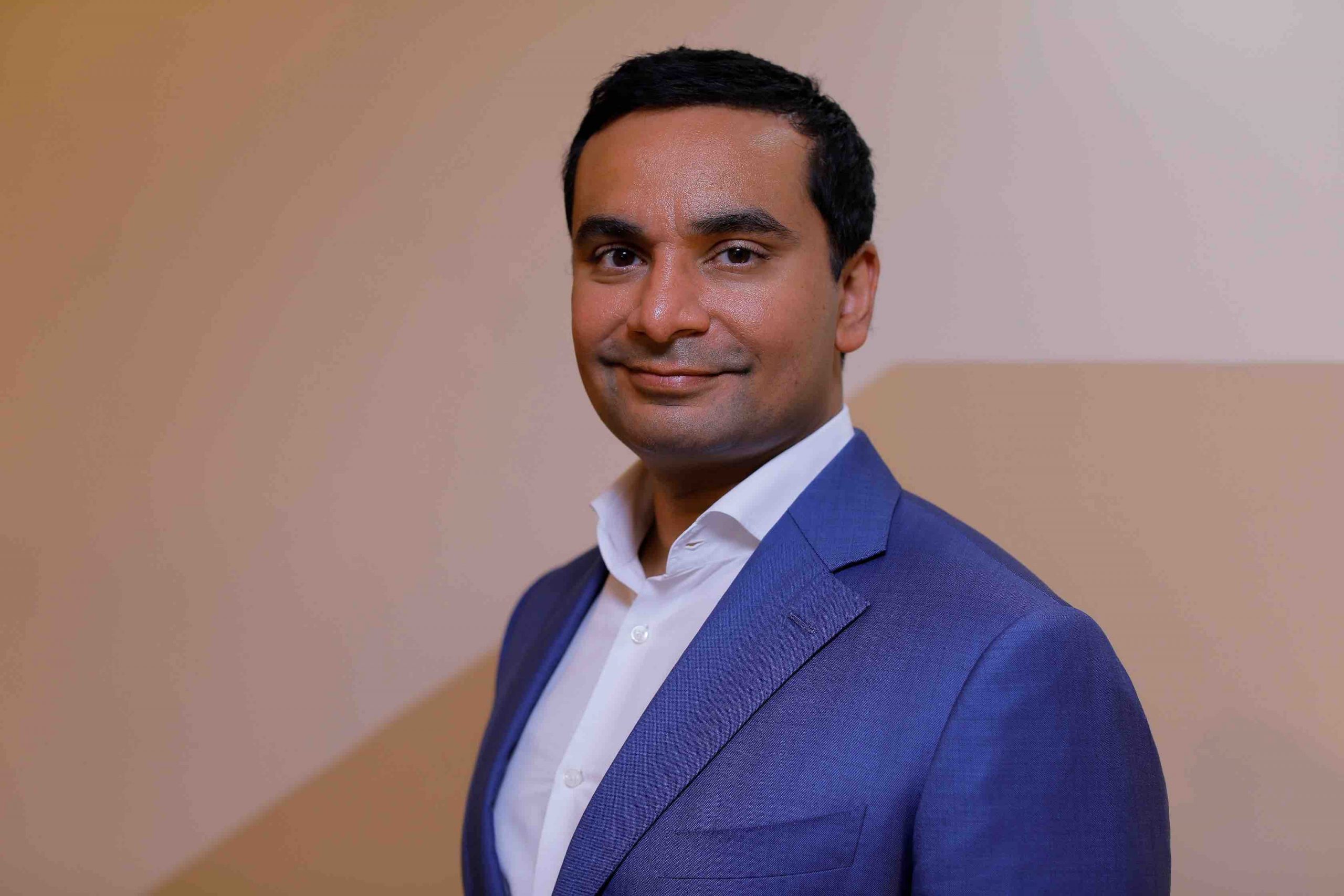Amiral Gestion has recently launched Sextant 2027, a fixed income fund with a buy & hold approach which offers a 7% yield to maturity. Funds Society talks to its fund manager, Jacques Sudre, about bond opportunities in the current macro environment.
Most of the experienced bond managers claim that 2022 has been the worst bond market ever, do you agree with that? What lessons (if any) have you learnt from this difficult backdrop? How has your own experienced helped you to navigate the complex macro environment of the past 12 months?
Indeed, the year ending has been the worst in terms of returns for investors. Over the last previous years, we experienced the biggest asset price inflation I have witnessed in Fixed Income markets in my career, due to monetary experiments conducted by central banks. As soon as the macroeconomic environment demanded monetary tightening from central banks, negative interest rates reversed and fixed income valuations experienced sharp drops to adjust to the new normal. Unfortunately, the aggressiveness of the correction was proportionate to the bubble and caught many investors completely unprepared. We avoided altogether being invested in government bonds and IG since it was the most overvalued segments of the markets. Nevertheless, we suffered too a decline in HY and non-rated issuers as spreads widened, although less severe than the market.
The biggest lesson, with no surprise to us, is that valuations are always a prerequisite, even though temporarily this may not seem to be the case. Comparing credit valuations with what happened on equity markets, the price we pay for a company matters and even the best company in the world may turn out to be a bad investment if we overpay. It took Microsoft 16 years to break all-time highs after the dotcom bubble peak. The same applies to bonds, as some investors have learned through pain with the 100-year Austrian government bond, which is down -70% since it peaked in 2021. A secondary lesson is that flexibility is key. Our disciplined approach indicated us that during this period we needed to maintain selectiveness, short duration, and an allocation to short term and cash, even though the market was rewarding aggressiveness.
Do you think the bond bear market is already ahead of us? Where are you finding opportunities?
As previously discussed, we have witnessed this year the fastest widening on record since the 80’s in all corners of FI markets. Although the bond market may continue to experience volatility, we think that investing conditions in credit are currently attractive in absolute terms and when considered relative to historical levels as well as the relative quality of issuers. It’s a futile exercise to try and market the bottom and many investors will lose money by trying to forecast this. We currently find compelling opportunities, mostly in quality HY issuers in Europe, as well as some non-rated bonds and in out-of-the-money convertible bonds. Yields are attractive, although the macro picture and the current extremely low default rated make us extremely selective. That is the reason why our portfolio offers lower yields than main indices, with lower durations, as we have integrated higher quality issuers.
Is it now a good time to build a well-balanced bond portfolio, given where valuations are in most credit markets?
We do think it’s a good opportunity to build a portfolio for the coming years. In retrospect, 2012-2013 were excellent years to build a portfolio of government bonds, with issuers like Spain or Portugal paying amazing yields in some cases above 8%. After spreads being at historical lows, under 200bps, the current spreads appear quite attractive. We feel more comfortable keeping a portion of the portfolio short term and cash in order to profit when a new window of opportunity will come to light.
Where do you see a better risk/reward environment: spreads, coupons, maturities, quality (liquidity), relative value…? Is it time again to make money with bonds in an easier way (compared with the past 5 years)?
We prefer spreads above the other alternatives you mention, and they are now made up of a +10% discount to par in EUR HY. We still prefer to have relatively low durations, around 3 years. It is definitely easier to make money in bonds today than any other moment of the last 8 years.
Amiral Gestion has released a buy & hold fund which matures in 2027. Can you please explain your investment process?
We basically think the current environment is very appropriate for a fixed-end fund, especially for 2027. The main differences we have versus peers is that we prefer a concentrated portfolio (60-65 lines), the flexibility to get inside the strategy for a long period of time (18 months) and to leave before the maturity without any penalties (although at bid prices in order to protect investors remaining in the fund). The rationale for higher concentration is to still benefit from diversification but to increase our probability of avoiding defaults by selecting real convictions skewed towards higher quality HY. To achieve this goal, we benefit from the equities team coverage (comprised of more than 25 people) and share our common knowledge of any given issuer or sector. Flexibility in the investment universe is a feature many investors have demanded and we met this request devising our new strategy, Sextant 2027. In terms of market segments in which we like to invest, a diversified portfolio which includes some high-quality issuers in the HY category, some non-rated bonds with solid balance sheets and out of the money convertible bonds is a good combination in today’s markets.
Not sure if you make macro calls- if yes, can you please provide me some forecasts regarding inflation, interest rates and GDP growth?
We doubt that anybody can, at least with enough consistency, predict these elements with sufficient robustness to benefit from these forecasts. We therefore prefer to limit risks we do not control. That is the main reason why we focus on credit risk, which we do think we can validly assess and control. If investment rationale is for instance solely based upon the direction of inflation short or medium term, it may resemble punting, that is clearly not an advisable approach to investing. We favour having balanced and robust portfolios that will do relatively well under any macro scenario.



 By Alicia Miguel Serrano
By Alicia Miguel Serrano
